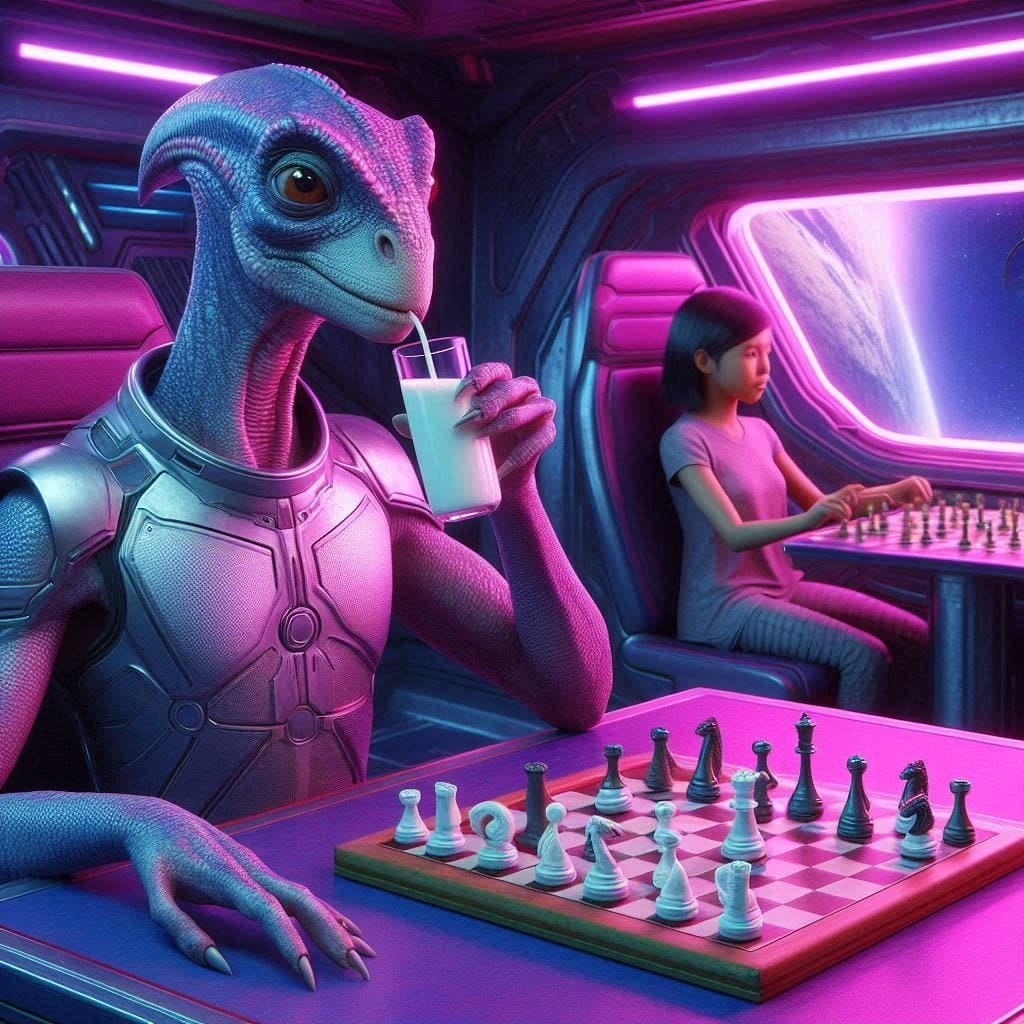Google's Genie 3 AI Creates Playable Video Games from Text and Images in Real-Time
Google DeepMind has unveiled Genie 3, a groundbreaking artificial intelligence model that can generate fully interactive video game worlds from simple text descriptions or images in real-time. This latest advancement in generative AI represents a quantum leap forward in how games could be created, potentially revolutionizing an industry worth over $184 billion globally.
Revolutionary Real-Time Game Generation
Unlike previous AI models that generate static images or pre-rendered video sequences, Genie 3 creates dynamic, interactive gaming environments that respond to player input instantaneously. Users can describe a game concept in plain English—such as "a medieval castle with floating platforms and magic crystals"—and watch as the AI constructs a playable 2D game world complete with physics, collision detection, and interactive elements.
The model builds upon Google's earlier Genie and Genie 2 iterations, but represents a significant technological breakthrough in both speed and interactivity. Where previous versions could take minutes to generate short video clips, Genie 3 produces responsive gaming experiences that maintain consistency across extended play sessions.
Technical Capabilities and Performance
Genie 3 demonstrates remarkable technical sophistication across several key areas:
Real-Time Rendering: The system generates game frames at playable frame rates, maintaining visual consistency as players navigate through AI-created worlds. Early demonstrations show smooth gameplay comparable to traditionally developed indie games.
Interactive Physics: Beyond visual generation, the model understands and implements game physics, including gravity, collision detection, and object interactions. Players can jump on platforms, collect items, and trigger environmental changes—all generated on-the-fly by the AI.
Visual Coherence: Perhaps most impressively, Genie 3 maintains visual consistency across game sessions. Characters, environments, and objects retain their appearance and properties even as players explore different areas or return to previously visited locations.
Industry Implications and Applications
The gaming industry is taking notice of Genie 3's potential applications across multiple sectors:
Rapid Prototyping: Game developers could use Genie 3 to quickly test gameplay concepts before investing in full development cycles. This could dramatically reduce the time and cost associated with early-stage game development.
Educational Gaming: Teachers and educational content creators could generate custom learning games tailored to specific curricula or learning objectives without requiring programming expertise.
Personalized Gaming: The technology opens possibilities for highly personalized gaming experiences, where AI could generate unique worlds based on individual player preferences or playing styles.
Democratized Game Creation: Genie 3 could lower barriers to game creation, enabling non-programmers to bring their creative visions to life through natural language descriptions.
Current Limitations and Challenges
Despite its impressive capabilities, Genie 3 faces several constraints that limit immediate widespread adoption:
The model currently focuses on 2D gaming environments, with 3D world generation remaining a significant technical challenge. Game worlds, while interactive, are relatively simple compared to modern commercial titles, featuring basic platformer mechanics rather than complex gameplay systems.
Additionally, the computational resources required for real-time generation remain substantial, potentially limiting accessibility for individual developers or smaller studios.
Looking Toward the Future
Google's research team indicates that Genie 3 represents just the beginning of AI-powered game generation technology. Future iterations may incorporate more sophisticated gameplay mechanics, support for 3D environments, and integration with existing game development tools and engines.
The technology also raises intriguing questions about the future of game development as a profession. While unlikely to replace human creativity and game design expertise entirely, tools like Genie 3 may fundamentally change how games are conceived, prototyped, and developed.
The Dawn of AI-Generated Gaming
Genie 3 marks a pivotal moment in both artificial intelligence and gaming technology. By enabling real-time generation of interactive game worlds from simple text prompts, Google has demonstrated AI's potential to transform creative industries in unprecedented ways.
While current limitations prevent immediate commercial deployment, the underlying technology suggests a future where the barriers between imagination and interactive entertainment continue to dissolve. For developers, educators, and gaming enthusiasts alike, Genie 3 offers a tantalizing glimpse into a world where anyone can become a game creator with nothing more than their imagination and a text prompt.
